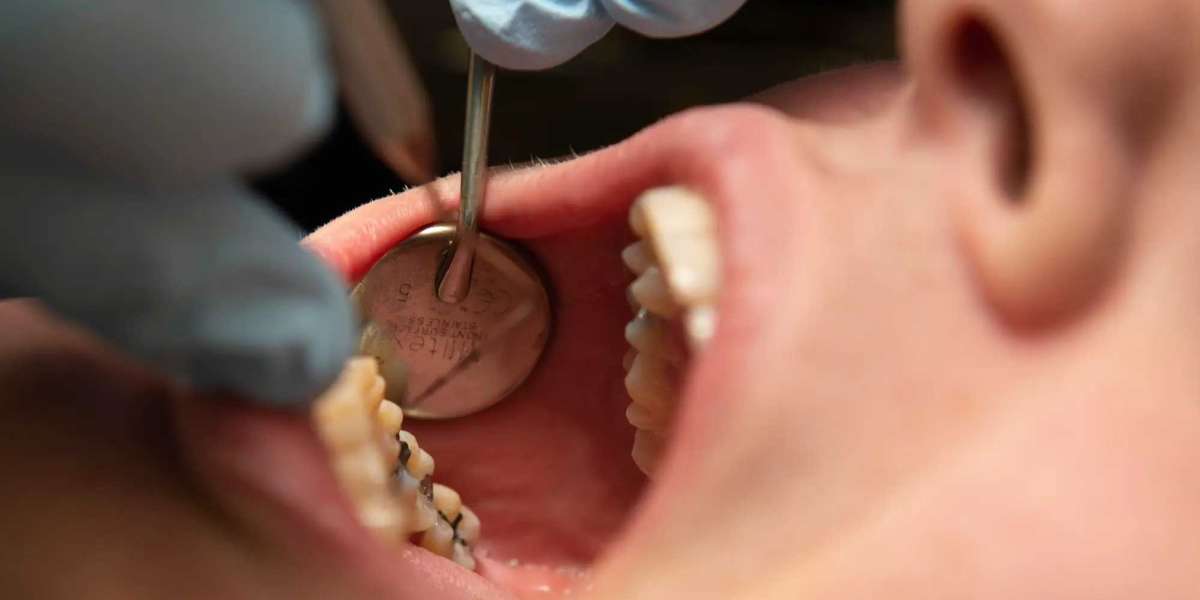Many people experience some degree of tooth misalignment, and fixing overlapping teeth, from mild to severe cases, is essential not only for a beautiful smile but also for long-term oral health. Overlapping teeth can lead to difficulty cleaning between teeth, increasing the risk of cavities and gum disease. In more severe cases, Overlapping Teeth can impact speech, bite functionality, and even cause jaw strain. Whether the issue is barely noticeable or highly visible, orthodontic solutions are available to improve alignment safely and effectively, customized for your specific needs.
Assessing the Severity: Mild vs. Severe Overlapping
Before beginning treatment, it’s important to determine how severe the overlap is. This classification helps orthodontists recommend the best, most effective options for your smile. Mild overlapping may require quick cosmetic fixes, while severe cases need structured orthodontic intervention.
Mild cases: Small overlaps between front teeth, usually cosmetic in nature
Moderate cases: Multiple overlapping teeth with minor bite issues
Severe cases: Significant misalignment affecting bite, jaw position, and function
Professional diagnosis: 3D imaging, X-rays, and bite analysis determine treatment needs
No matter the level of misalignment, an accurate assessment ensures that your treatment will be safe, efficient, and long-lasting.
Mild Cases: Cosmetic Dentistry as a Quick Fix
If you have only slight overlapping and want a fast cosmetic solution, several non-orthodontic treatments are available. These options are ideal for individuals looking to enhance their smile without long-term orthodontics.
Dental bonding: Tooth-colored resin applied and shaped to mask overlap
Porcelain veneers: Thin ceramic shells placed over front teeth for instant alignment
Tooth contouring: Slight reshaping of enamel to reduce visual overlap
Whitening and polish: Enhances appearance when combined with cosmetic corrections
These treatments provide quick results, often in just one or two dental visits, but they don’t address underlying alignment issues like braces or aligners would.
Moderate Cases: Clear Aligners for Subtle Correction
For those dealing with moderate overlapping, clear aligners are an excellent orthodontic option. These removable, nearly invisible trays gradually shift teeth into alignment with minimal impact on your daily routine.
Invisalign and other brands: Custom-molded trays changed every 1–2 weeks
Comfortable and discreet: No metal brackets or wires
Removable: Easy to maintain oral hygiene and eat normally
Treatment timeline: Typically ranges from 6 to 18 months depending on overlap severity
Clear aligners are widely recommended for teens and adults who prefer a low-profile, effective solution for overlapping teeth.
Severe Cases: Braces and Advanced Orthodontics
Severe Overlapping Teeth Treatment often requires more structured and forceful treatment, such as traditional or advanced braces. These options give orthodontists greater control over tooth movement, especially when the bite or jaw is also misaligned.
Metal braces: The most durable and effective for serious cases
Ceramic braces: Blend with natural teeth for a less visible option
Lingual braces: Hidden behind the teeth, offering invisibility with power
Palatal expanders or extractions: May be used to create space for alignment
Orthodontists may also use temporary anchorage devices (TADs) to support precise movements and speed up progress in difficult cases.
Post-Treatment and Retention: Keeping Teeth in Place
No matter how mild or severe the overlap was, maintaining your results after treatment is just as important as the treatment itself. Teeth naturally try to shift back, which is why post-care is a crucial final step.
Retainers: Either fixed or removable, worn daily or nightly as prescribed
Regular check-ups: Orthodontist visits every few months to monitor alignment
Good oral hygiene: Prevents gum disease and decay that can disrupt results
Jaw and bite monitoring: Especially for growing children or teens
Avoid harmful habits: Chewing ice, grinding, or biting nails can shift teeth
With consistent care and monitoring, you can enjoy the benefits of straighter teeth and a healthier smile for a lifetime.











